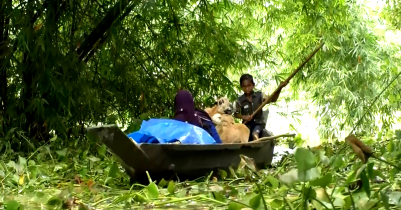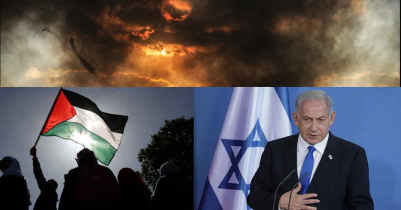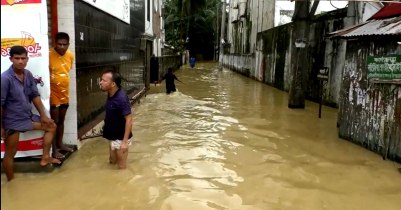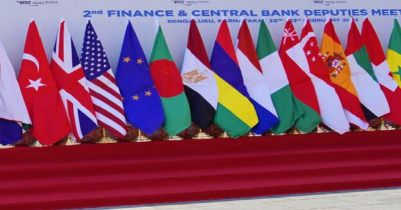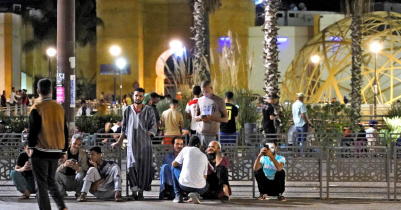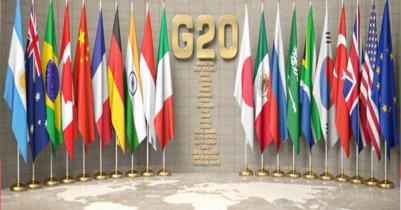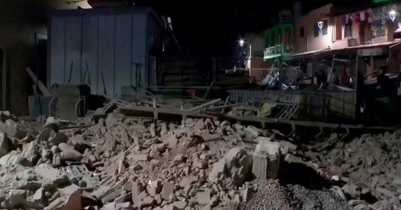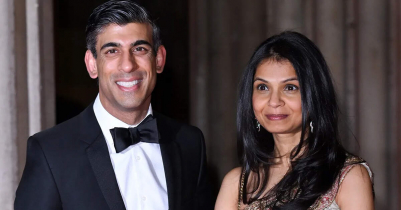Eye News Desk
Allies disappoint Zelensky`s plea for Nato membership timetable
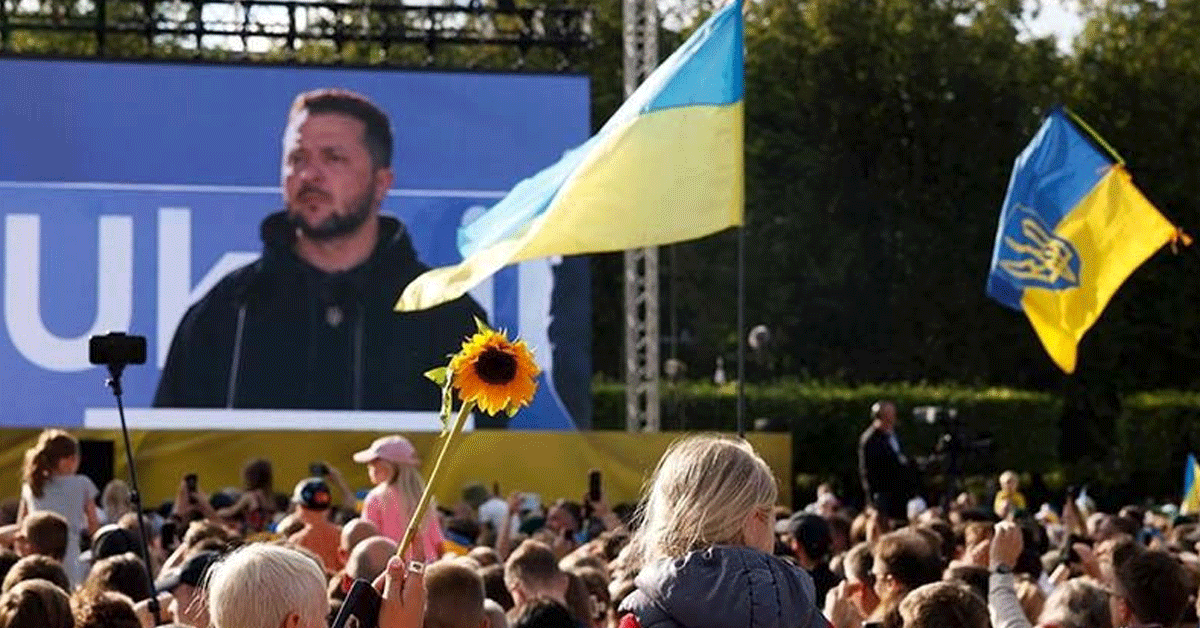
Nato leaders on Tuesday dashed Ukrainian leader Volodymyr Zelensky's hopes for a clear timeline to join the alliance, saying they would offer an invite to become a member only when "conditions are met".
At a summit in Vilnius of the 31 Nato nations, Secretary General Jens Stoltenberg insisted the alliance had never used "stronger language" to back Ukraine in its bitter fight to defeat the Russian invasion.
Nato leaders pledged that "Ukraine's future is in Nato" and shortened the eventual process Kyiv would have to go through to enter the alliance.
"We will be in a position to extend an invitation to Ukraine to join the alliance when allies agree and conditions are met," a statement said.
But the failure to go much beyond a 2008 vow on future membership appeared a bitter blow to Zelensky, who was in Vilnius to address an admiring crowd of Lithuanian supporters in a packed city square ahead of his meetings with the Nato leaders.
"It seems there is no readiness neither to invite Ukraine to Nato nor to make it a member of the alliance," he declared on Twitter, after getting advance notice of the cautious language in the summit statement.
'Uncertainty is weakness'
"This means that a window of opportunity is being left to bargain Ukraine's membership in Nato in negotiations with Russia. And for Russia, this means motivation to continue its terror," he said, dubbing it "absurd" that no timeframe was set for an invitation.
"Uncertainty is weakness. And I will openly discuss this at the summit," he said, vowing that -- far from exposing Nato members to conflict with Russia -- Ukraine's membership would make the alliance stronger and safer.
As Zelensky was speaking, Moscow upped the pressure on the Nato leaders meeting in Vilnius, claiming that its forces had made 1.5 kilometres of progress (more than a mile) across a two kilometre wide section of the eastern front.
If confirmed, this would bring them closer to the rail hub of Lyman, a town in the Donbas region of the east of the country. It was captured by Russian forces last year only to be liberated by Ukraine in its October 2022 counteroffensive. Mindful of Zelensky's disappointment over his hopes for a membership timetable, Western officials stressed that there would be a broader package of support proposals designed to give Ukraine a military edge over the invader.
Germany's Chancellor Olaf Scholz said that the G7 group of major industrialised economies would issue a declaration on long-term support to kick in once "peace is obtained". This is expected to be announced on Wednesday after the Nato summit ends. In the nearer term, Berlin pledged another 700 million euros ($771 million) in military assistance to Kyiv.
The new aid includes two Patriot missile system launchers, another 40 Marder infantry fighting vehicles and 25 Leopard 1 tanks. President Emmanuel Macron also said France was joining Britain in supplying long-range SCALP or Storm Shadow cruise missiles to allow Ukraine to strike Russian targets deep behind the frontline.
And Denmark and the Netherlands said an 11-nation coalition will start training Ukrainian pilots to fly F-16 fighter jets next month, with a new training centre to be set up in Romania.
Defence spending boosted While eastern European nations had pushed for an explicit timetable to allow Kyiv to join, the US and Germany are reluctant to go beyond an earlier vow that it will become a member one day.
Biden, who will meet Zelensky on Wednesday, has said there is no agreement to offer Kyiv membership while the war with Russia rages, as this could drag Nato directly into the conflict. The biggest war in Europe since World War II has propelled Nato into the most sweeping overhaul of its defences since the end of the Cold War. Alliance leaders signed off on new regional plans to protect against any potential Russian attack and backed bolstering defence spending targets.
They agreed that their established goal of spending two percent of their national output on defence will become a minimum level. "We do so recognizing more is needed urgently to sustainably meet our commitments as Nato allies," the summit communique said. "We affirm that in many cases, expenditure beyond 2% of GDP will be needed in order to remedy existing shortfalls and meet the requirements."
Read More
- Dubai-bound flight catches fire after taking off from Nepal
- Turkey`s homegrown 5th-generation fighter jet named KAAN
- Shihab Chottur reaches Makkah from India in 12 months
- Eid Ul Adha 2023 in Saudi Arabia!
- Italy will take 82 thousand workers, the is in March
- World`s first 3D-printed mosque to be constructed in Dubai
- India gets new parliament building
- Karnataka: Modi invokes `The Kerala Story` to target Congress
- Imran Khan likely to be in custody for ‘4 to 5 days’
- Two Sylheti killed in Portugal



